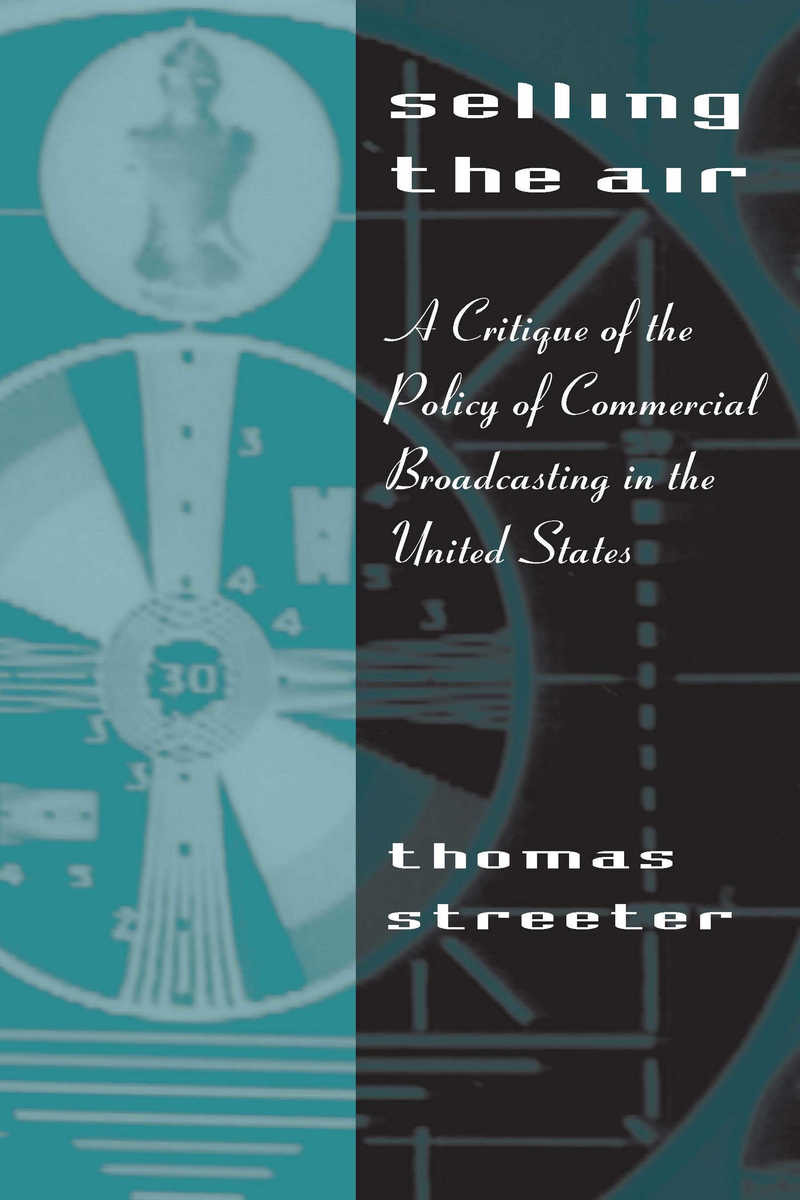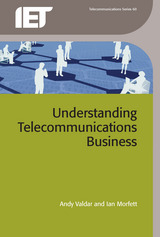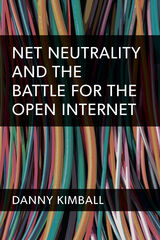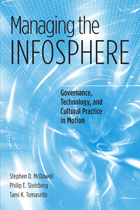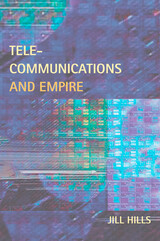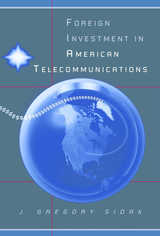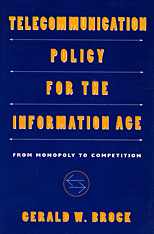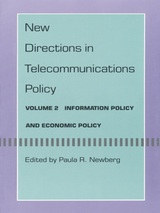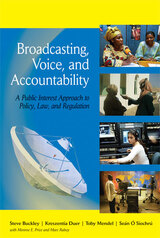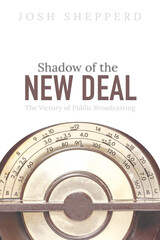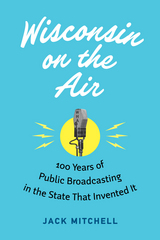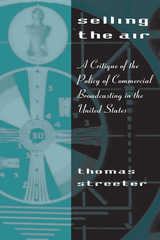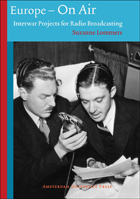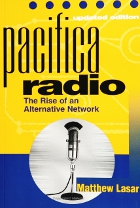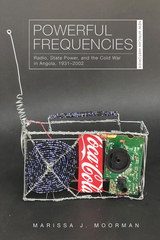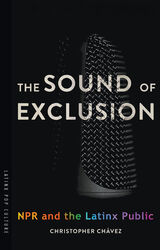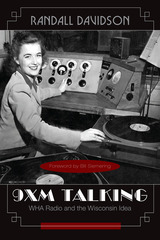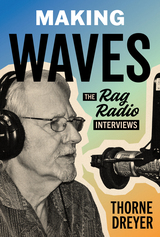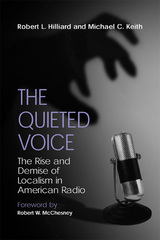Selling the Air: A Critique of the Policy of Commercial Broadcasting in the United States
University of Chicago Press, 1996
Cloth: 978-0-226-77721-4 | Paper: 978-0-226-77722-1 | eISBN: 978-0-226-77729-0
Library of Congress Classification HE8689.8.S77 1996
Dewey Decimal Classification 384.540973
Cloth: 978-0-226-77721-4 | Paper: 978-0-226-77722-1 | eISBN: 978-0-226-77729-0
Library of Congress Classification HE8689.8.S77 1996
Dewey Decimal Classification 384.540973
ABOUT THIS BOOK | TOC | REQUEST ACCESSIBLE FILE
ABOUT THIS BOOK
In this interdisciplinary study of the laws and policies associated with commercial radio and television, Thomas Streeter reverses the usual take on broadcasting and markets by showing that government regulation creates rather than intervenes in the market. Analyzing the processes by which commercial media are organized, Streeter asks how it is possible to take the practice of broadcasting—the reproduction of disembodied sounds and pictures for dissemination to vast unseen audiences—and constitute it as something that can be bought, owned, and sold.
With an impressive command of broadcast history, as well as critical and cultural studies of the media, Streeter shows that liberal marketplace principles—ideas of individuality, property, public interest, and markets—have come into contradiction with themselves. Commercial broadcasting is dependent on government privileges, and Streeter provides a searching critique of the political choices of corporate liberalism that shape our landscape of cultural property and electronic intangibles.
With an impressive command of broadcast history, as well as critical and cultural studies of the media, Streeter shows that liberal marketplace principles—ideas of individuality, property, public interest, and markets—have come into contradiction with themselves. Commercial broadcasting is dependent on government privileges, and Streeter provides a searching critique of the political choices of corporate liberalism that shape our landscape of cultural property and electronic intangibles.
See other books on: Air | Broadcasting | Critique | Radio | Selling
See other titles from University of Chicago Press
